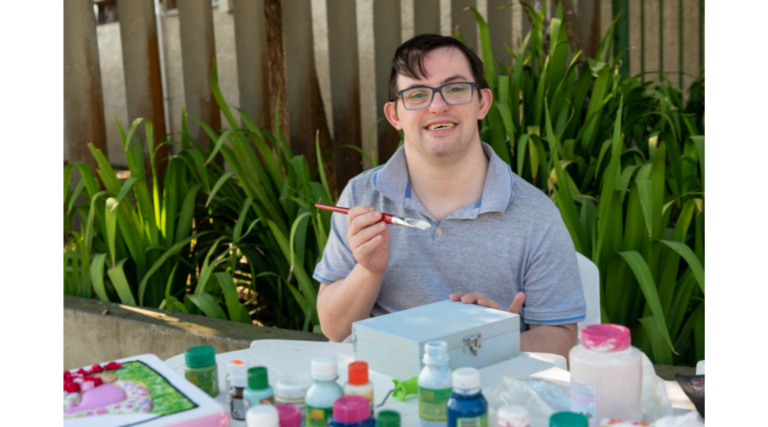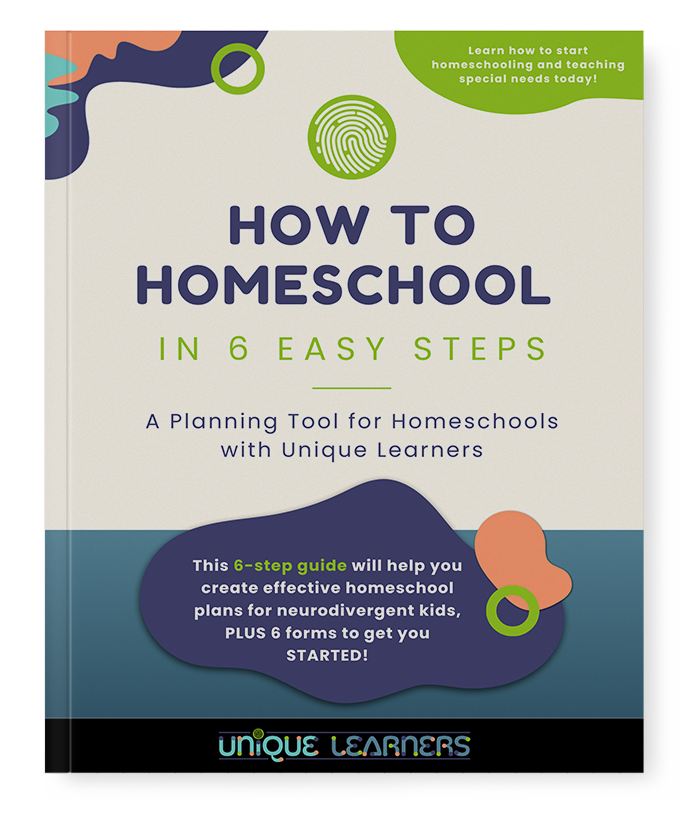Homeschooling special needs students can have its own unique set of rewards and challenges. See how homeschooling these students is different than other approaches and get expert advice from those who have done it successfully.
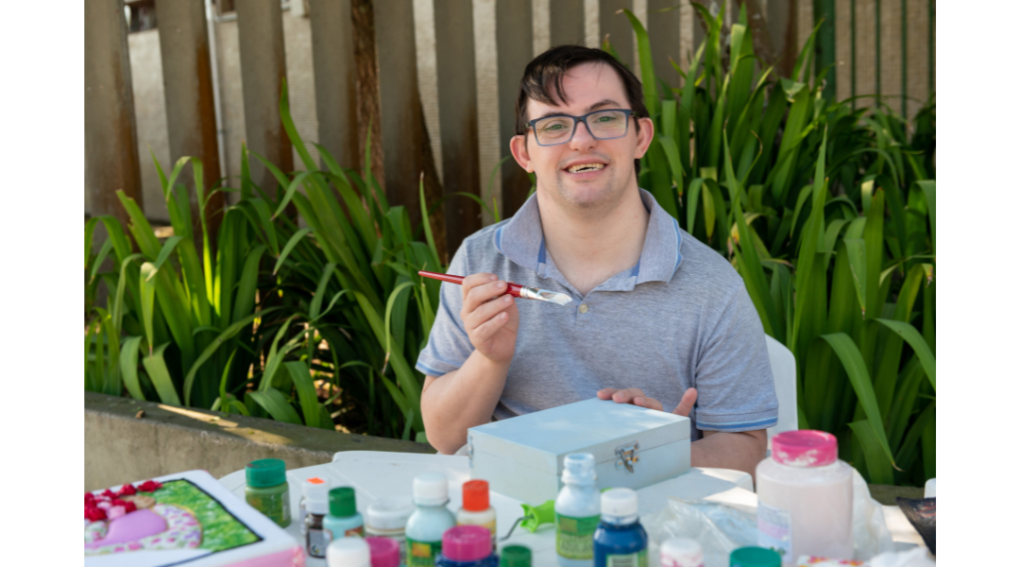
Homeschooling special needs students can be a rewarding yet daunting endeavor. Due to the unique educational, social, and emotional needs of these students, a different approach is often required than for other homeschoolers. Learn how to tailor your homeschool plan to meet your special student’s needs from those who have done it successfully.
Understand the Educational Requirements and Needs of Your Child
Before you start homeschooling a special needs child, take the time to fully understand their specific educational needs. Learn what subjects your state law requires. Typical subjects include: communication skills of reading and writing, math, social studies, science, health, and physical education. You may also add subjects that are important to you, such as Bible, art, music, and life skills.
One of the challenges in meeting the educational needs of a child with special learning needs is determining the levels where your child functions in each area. Whether a student has a formal diagnostic assessment or not, a checklist of skills can help to create a learning profile. I often use the World Book Typical Course of Study for lists of skills and unit study topics.
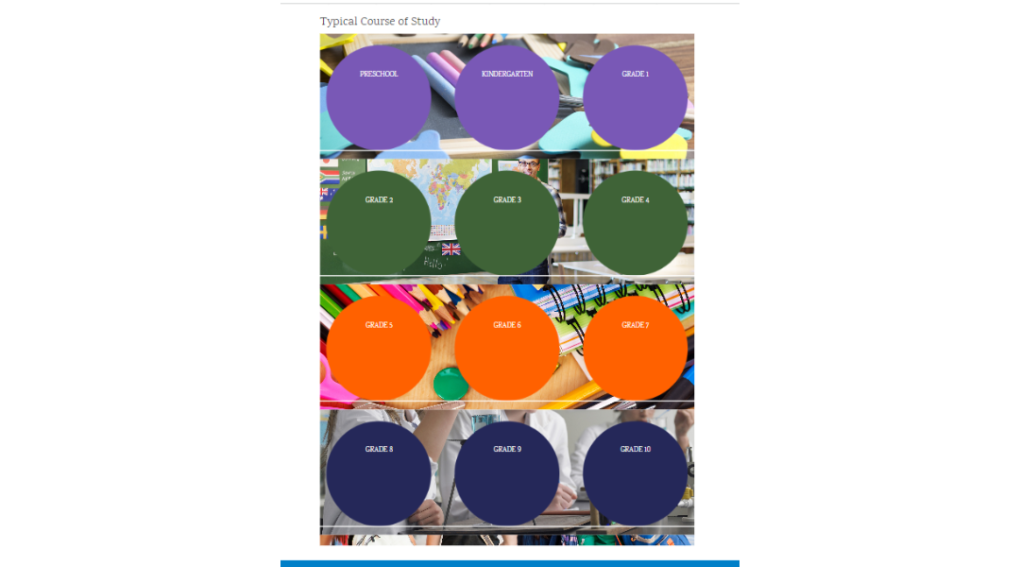
I develop an Individual Learning Plan (ILP) for my kids in homeschool and my academic therapy students. An ILP is different than an IEP in a public school. The goals can be as specific as you would like them to be. I write down a few goals in each skill area so that we can celebrate the little accomplishments that gradually lead to bigger signs of growth. We will soon be making our new Unique Learners curriculum available. The basis for the curriculum will be ILP goals that you can take to work with your child with special learning needs.
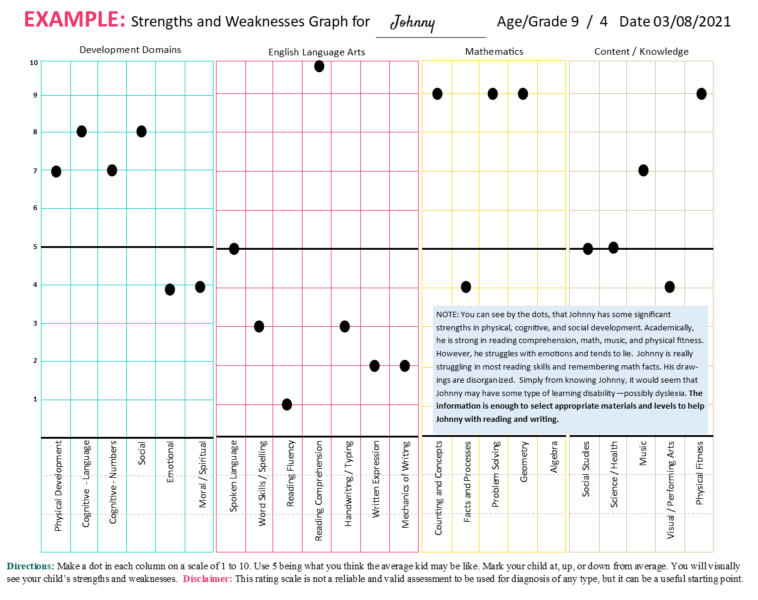
It is possible to program specifically for a child’s unique learning profile and set a pace for mastery that provide repeated successes. Your approach can follow any of the typical homeschool approaches, or you can focus specifically on the goals that your child needs to work on. Often unique learners tend to be at varying levels based on the strengths and weaknesses in their cognitive skills. A kid can be below grade level in reading and writing, yet above grade level in math, and using bypass strategies for learning content knowledge.
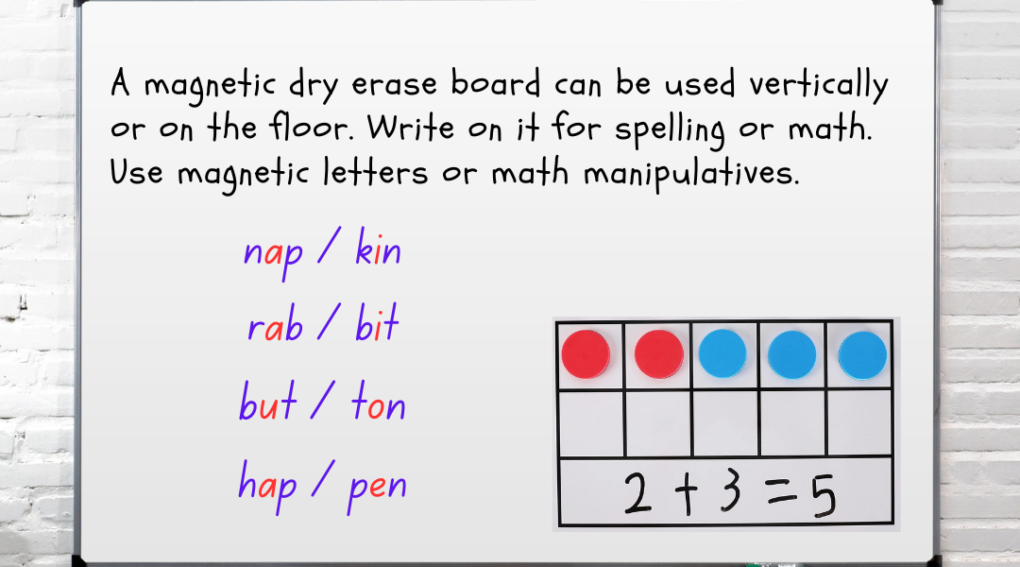
In addition to finding the right match for a curriculum, a homeschool parent needs to have a variety of techniques and strategies to pull. It helps to have ideas for those great days when you want to forge ahead, and review activities for those off days when it seems like nothing learned has stuck. When we focus on the best teaching strategies based on strengths and weaknesses, special needs homeschools nearly always end up falling into the eclectic homeschool approach.
Socialization is More Than Recess and Age-Level Peers
Besides academic needs, unique learners can need direct teaching in character traits and social skills. Building social skills into the curriculum of a special needs homeschool can help kids become successful in making and keeping friends. Socialization in public school often leaves kids vulnerable to negative interactions with age-level peers because they don’t pick up on social cues. In a homeschool environment, we can observe where our children struggle and focus on directly teaching, practicing, and helping them succeed in social activities with other accepting homeschool families.
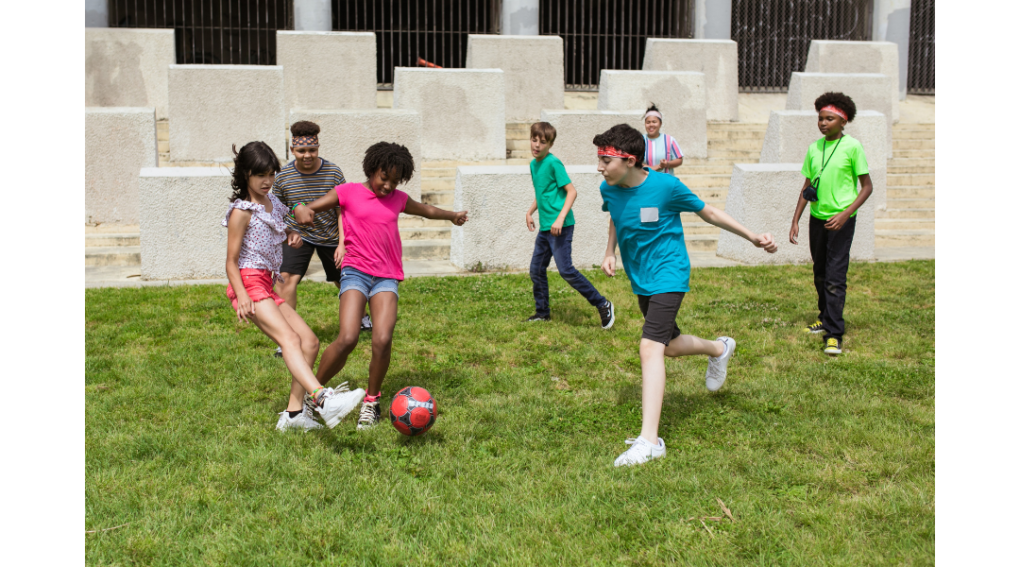
Some of the social skills we want to develop in our kids are: initiating interaction, sustaining a conversation, playing with cooperation and kindness, creative play, working together, taking turns, waiting with patience, not interrupting, asking questions and responding, expressing their needs appropriately for the social context, using an appropriate vocal volume, reading nonverbal cues, and so much more!
Unique Learners Have Unique Emotional Needs
A special needs homeschool can meet the emotional needs of children who require extensive repetition and patience in ways that no other educational environment can. Emotional dysregulation is a common struggle for kids with almost any type of special need.

When kids are provided appropriate challenges starting where their current levels are, they can experience mastery in small increments. Mastery in small skills can lead to feeling confident, that can in turn lead to gradual independent work habits. Sometimes sensory or brain processes integration can help. Sometimes play therapy and follow-up at home can make a difference. Rather than feeling defeated, positive emotions about learning yield big rewards and more joyful learning.
Need Guidance and a Caring, Supportive Community?
Let’s face it. When you have a child with any type of learning challenges, we can feel very isolated as parents. Even more so as homeschoolers. Depending on your local homeschool community, you may find the support and encouragement you need, or you may left feeling even more alone. Selecting curriculum can be a nightmare to find the right match and pace. Add to that the need to find specialized teaching techniques that actually work for kids with neurodivergence seems like the realm of special education keeps tight secrets. And we’re only getting started because behavior management and attention and getting kids to “do school” can make or break a fledgling homeschool. You want to find other parents who understand the world of dyslexia, autism, ADHD, downs syndrome, prenatal exposure, and other learning disabilities can be frustrating. Even those of us who have been specially trained can feel judged by parents of neurotypical kids!

Online groups in social media can be some help, but the questions are always so general and everyone has a different opinion about what is the “best” curriculum or the “right” way to homeschool. Where do you turn for help in your specific situation with your own unique kiddo?
Unique Learners is planning to launch a membership this spring. If you are planning to homeschool a kid with special learning needs, you want support to make your homeschool more joyful for your unique learner, consider becoming a member. We can walk this homeschool journey together!
You will have a support community of others who are homeschooling special needs kids. You will have access to regular advice directly from Sue Hegg, a veteran homeschool mom of several kids with special learning needs AND a PhD level learning specialist. You will also have free access to the NEW Unique Learners curriculum as we roll out new components regularly. The Unique Learners curriculum is being developed the way Sue plans for her own homeschool and students. We want you to see the amazing results that homeschooling can bring to your unique learner!

If you want to be notified when the cart is open for the membership launch, sign up for the free Learning Plan Success Kit. Whether you follow the steps in the Success Kit or not, you will receive a weekly update of our blog articles and announcements of the various products and services that are in the works!
